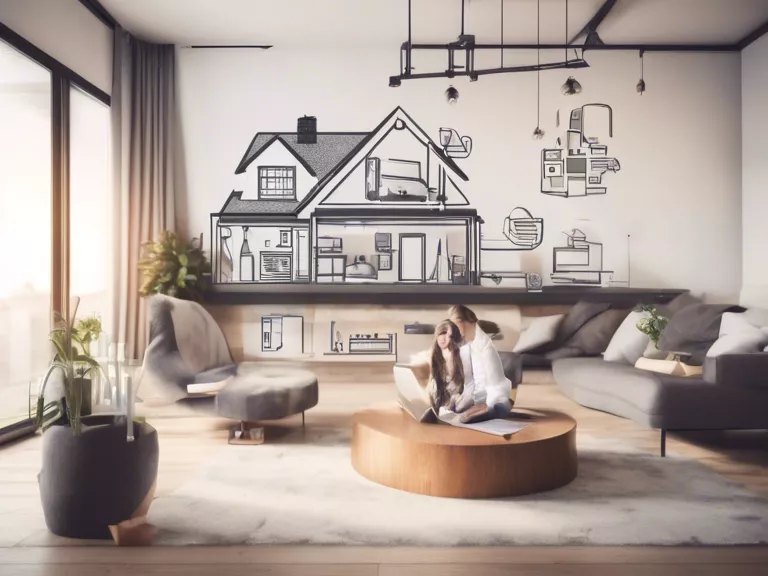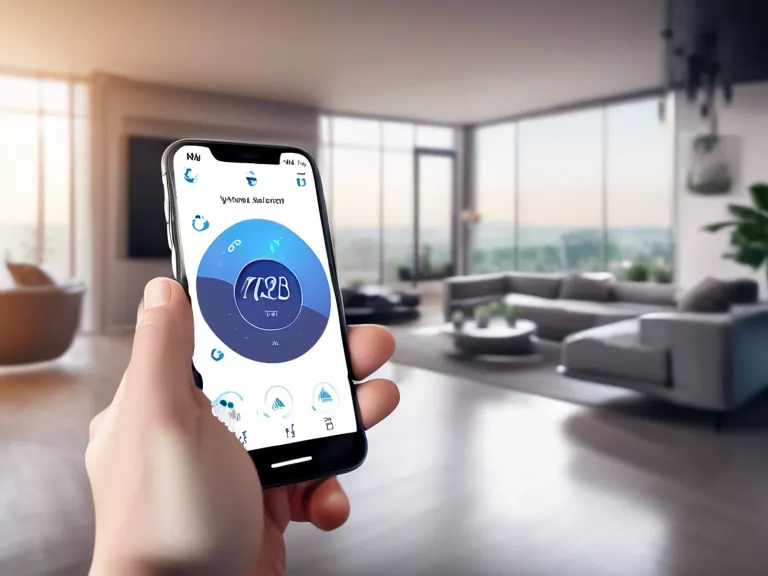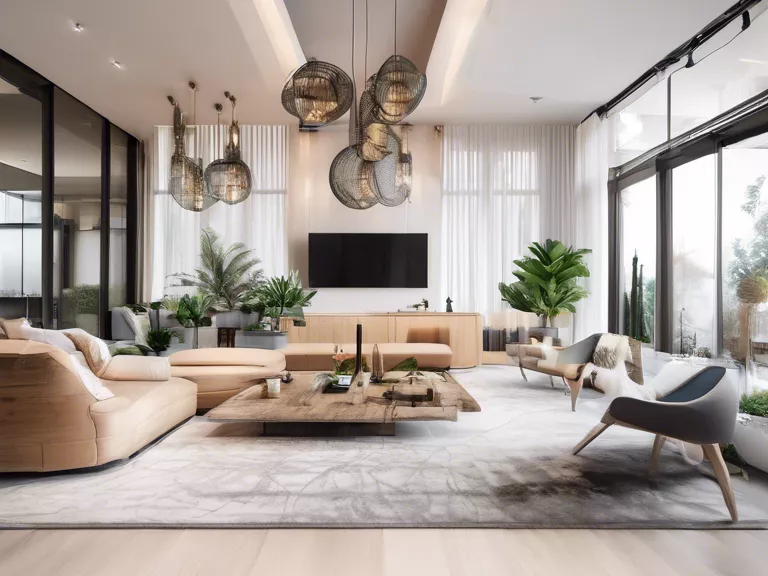
Introduction
In today's fast-paced business world, the concept of traditional office spaces is rapidly evolving. Modern businesses are increasingly looking for innovative ways to create efficient, flexible, and inspiring work environments that cater to the needs of their employees. One of the key trends shaping this shift is the revolutionizing of home living solutions for businesses.
The Rise of Remote Work
With advancements in technology, remote work has become a viable option for many businesses. The ability to work from home offers employees greater flexibility, reduces commuting time, and can lead to increased productivity. As a result, businesses are exploring ways to incorporate home living solutions into their workspaces to support remote work arrangements.
Home Offices and Co-Working Spaces
Home offices have become a popular choice for businesses looking to provide their employees with a comfortable and productive work environment. These spaces are designed to mimic the comforts of home while still offering the necessary tools and resources for work. Co-working spaces, which provide a shared office environment for remote workers, are also gaining popularity as businesses seek collaborative work settings outside of traditional office spaces.
Smart Home Technology Integration
The integration of smart home technology is revolutionizing how businesses approach home living solutions. From automated lighting and temperature control to advanced security systems, smart technology allows businesses to create efficient and secure workspaces that cater to the needs of their employees. These technologies not only enhance productivity but also improve the overall work experience.
Flexibility and Adaptability
One of the key advantages of home living solutions for modern businesses is the flexibility and adaptability they offer. Whether it's setting up a temporary office space in a residential area or providing employees with the option to work remotely, businesses can tailor their work environments to meet the changing needs of their workforce. This flexibility not only boosts employee satisfaction but also contributes to a more dynamic and agile business model.
Sustainability and Wellness
Incorporating home living solutions into business environments can also have a positive impact on sustainability and employee wellness. By creating eco-friendly workspaces that prioritize natural light, indoor plants, and ergonomic furniture, businesses can promote a healthier and more sustainable work environment. These initiatives not only benefit the well-being of employees but also contribute to a positive corporate image.
Conclusion
The revolutionizing of home living solutions for modern businesses represents a significant shift in how companies approach workspace design and employee well-being. By embracing remote work options, integrating smart home technology, and prioritizing flexibility and sustainability, businesses can create work environments that inspire creativity, collaboration, and productivity. As the business landscape continues to evolve, the importance of innovative home living solutions will only continue to grow.

